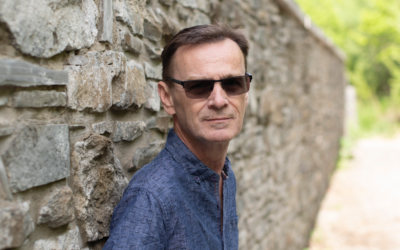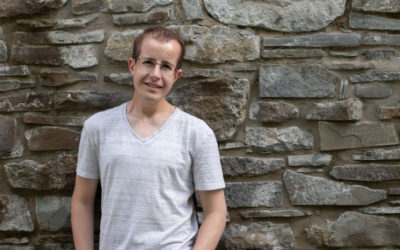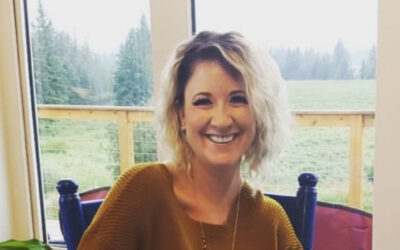What I’ve Survived
Cancer didn’t just happen to me, it’s a whole family affair. With different cancer histories from each parent, perhaps it’s not surprising that at age 24, I’m currently a four-time cancer survivor. There’s no easy way to cope with cancer and its after-effects, but I’ve managed to teach myself to stay hopeful and strong throughout my journey. It hasn’t been an easy one but with the support and love of my family, as well as my inner strength, I’ve not just survived, I’ve built a full life for myself of which I’m very proud.
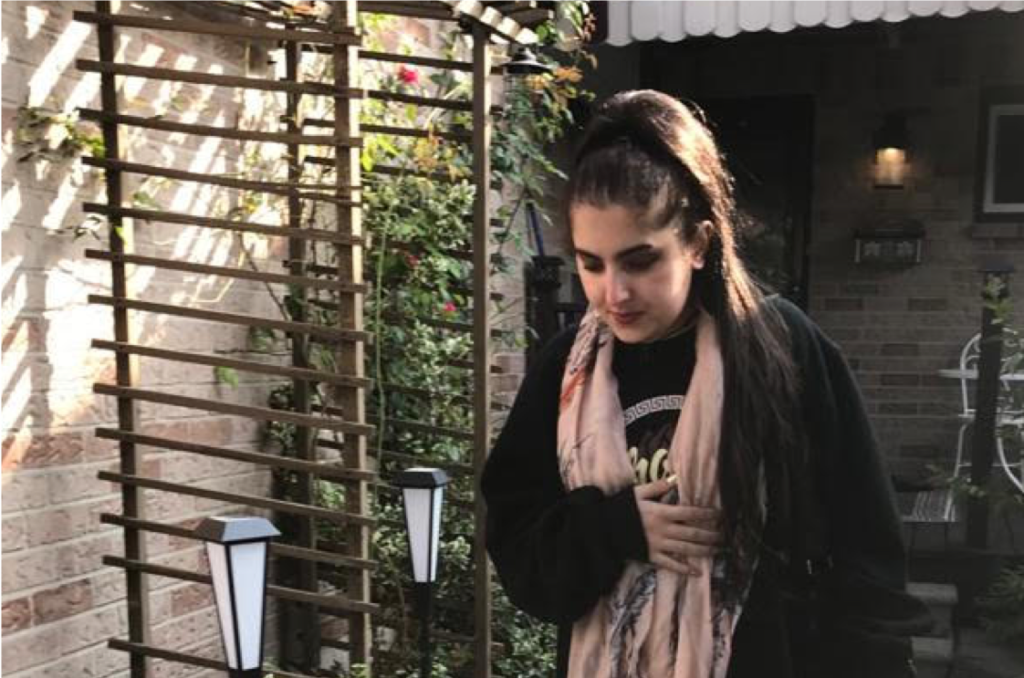
I was forced to grow up very quickly when I lost my brother to colon cancer in 2002. Whilst still processing that immeasurable loss, just a few years on, I was diagnosed with a malignant brain tumour in 2008. This marked the beginning of my cancer journey, but it was far from the end. New diagnoses kept rolling in – colon cancer in 2012, colorectal cancer in 2017 leaving me with a permanent ileostomy, and breast cancer in 2018 – all of which were treated with various combinations of chemotherapy, radiation and/or surgery.
Phew! You must be thinking: “that’s quite a lot to handle.” I say, YES! It is. But I handled it. It wasn’t easy, but I did the best with what I’d been given.
“You see after you’ve had cancer, surgeries and treatments don’t mark the end.”
You see after you’ve had cancer, surgeries and treatments don’t mark the end. Beyond the physical, I also found myself faced with mental health challenges. Knowing that an inherited genetic mutation caused all the cancers I’ve survived to date has given me a lot of anxiety. I’m left with the feeling that I can’t do anything to stop any cancers from recurring or to prevent new ones. It feels as though I have no control over my health. I constantly worry about finding a new growth on one of my regular scans. I try my best not to think that way, but deep down, I know there’s a higher chance of recurrence for me.
“Despite being optimistic and driven, it’s still a chore to push through waves of anxiety and depression.”
Aside from the mental health side-effects, the physical ones also come with unique challenges. Because of the permanent ileostomy, I have to deal with a whoopie cushion attached to my abdomen. An ileostomy, for those who may be unfamiliar with the term, is a word for a diversion of my intestine to my abdominal wall – a surgical procedure I underwent during treatment for colorectal cancer. As this is a way to divert waste through the abdomen, I live with a bag that’s become a permanent fixture on my body. I call it a “whoopie cushion” because that’s exactly what it can sound like. Engaging in social and professional situations when uncontrollable noises emerge from under your clothing can be quite challenging, or entertaining I suppose, depending on the company you’re in.
Yet another struggle I’ve had to face, as a result of the brain cancer, is my diagnosis of epilepsy. I sometimes have seizures that seem to physically bind me: I can’t process anything, speak, or read during an episode. Should a seizure occur while I’m at school, work, or volunteering, I have to remove myself from the situation until it passes. It’s a reality of my survivorship that can be quite embarrassing and isolating.
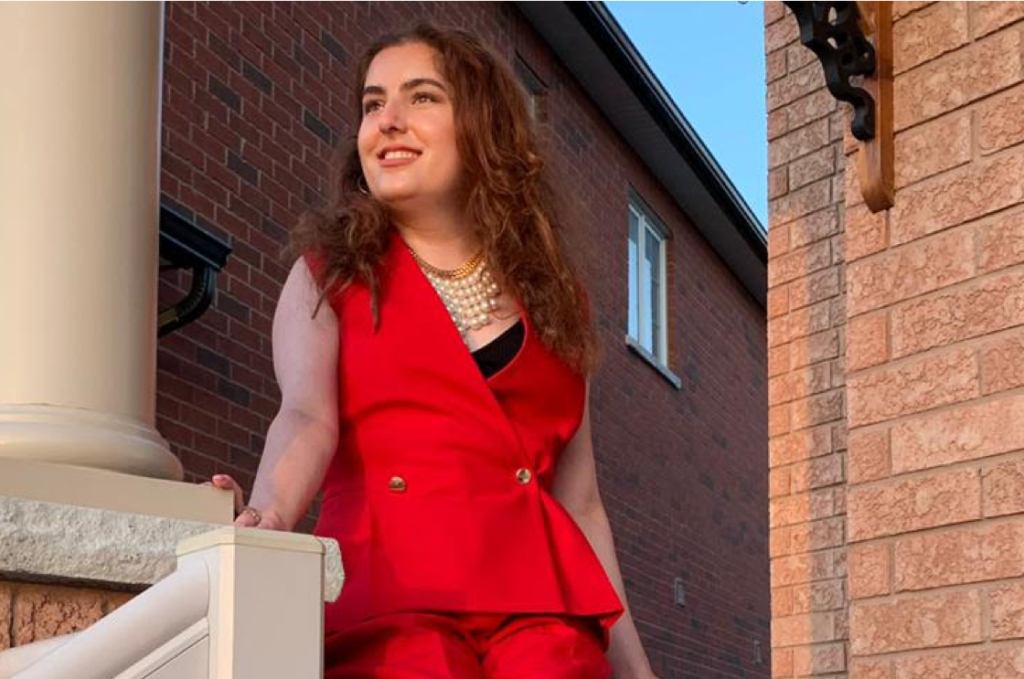
I refuse to let cancer stop me, however. Through my 12 years of battling various cancers, I’ve graduated from elementary school, high school, college, and I’m currently in the process of complet-ing my Bachelor’s degree in Sociology and Human Rights with honours status and five years of field experience under my belt. I’ve worked in places such as Northern Lights Canada: Employment Services, the John Howard Society, the Victorian Order of Nurses, and the Schoolhouse Playcare Centres of Durham. I’ve also associated myself with two childhood cancer-centered organizations, which I hope will help me better the lives of individuals going through similar hurdles as myself. These accomplishments are a point of pride and they fuel my resilience.
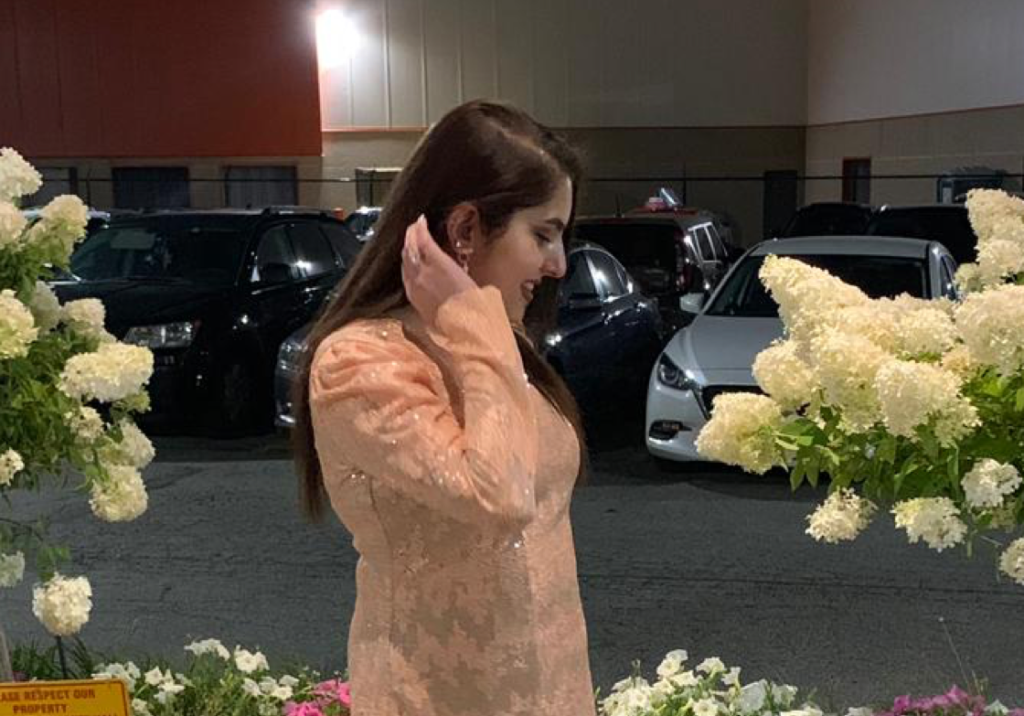
Yes, there are quite a few challenges that I have to deal with daily. More so than some, less than others. But if – or rather, when – cancer should return, I feel more than prepared for that fight. I’ve learned to manage my emotional health, while balancing my demanding medical life with my personal and educational ambitions. It can be easy to feel overwhelmed, however, the constant medical screenings, the life-long medications I take, my family, and my social support network, all provide the drive, support, and practical tools I need to keep me going.
“Sometimes what you think makes you ‘vulnerable’ and ‘weak’ can actually become the very thing which gives you strength.”
I want my fellow childhood cancer survivors to know that it’s ok to be afraid and nervous during difficult times. Sometimes what you think makes you ‘vulnerable’ and ‘weak’ can actually become the very thing which gives you strength. It’s not wrong to feel positive and hopeful. The fact that I continue to face this journey with very few emotional scars and trauma, I credit to three key things: positivity, hope, and strength. All things I found by drawing on my relationships and long-term goals. For anyone out there who is dealing or has dealt with cancer(s), you are not alone! Stay strong!
Yasmin
Ajax, Ontario

